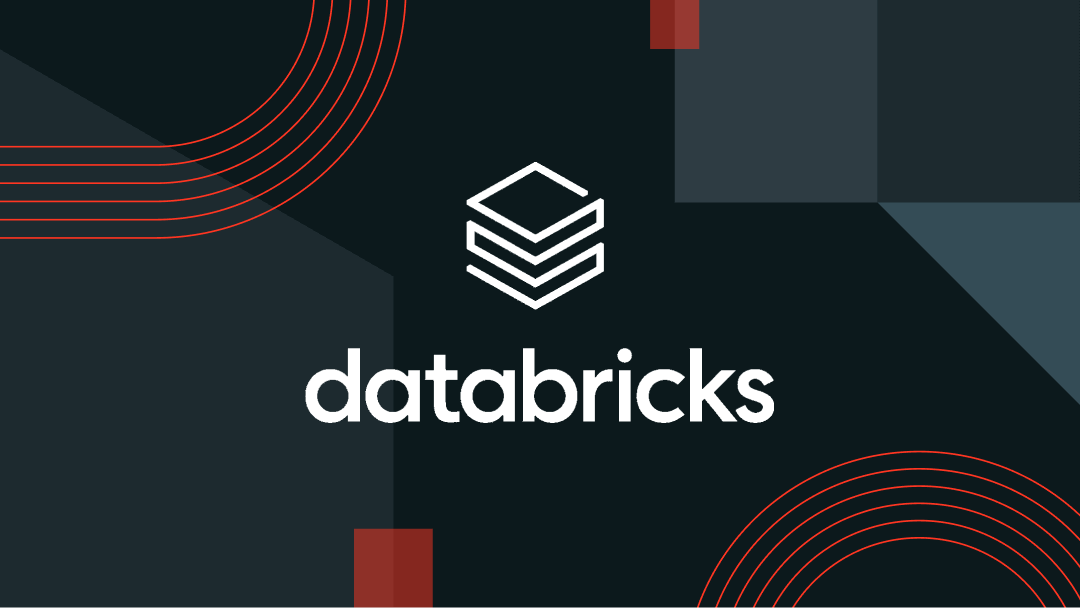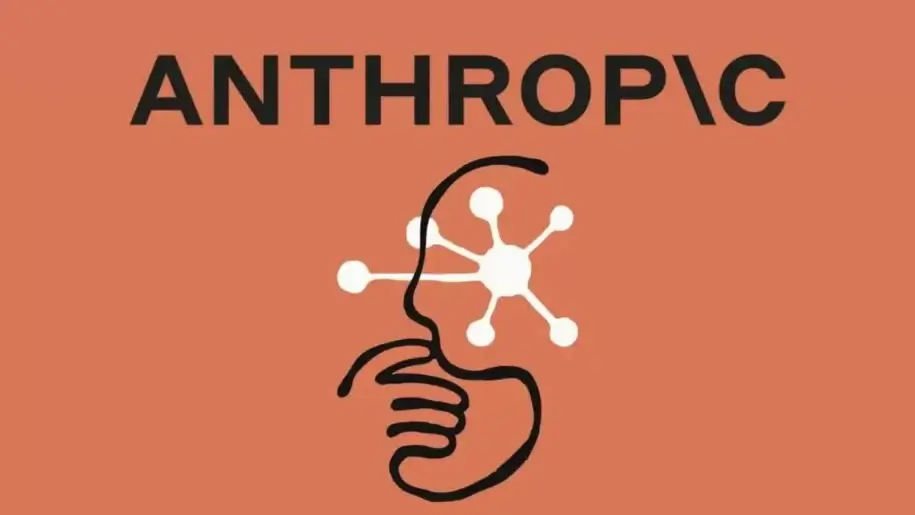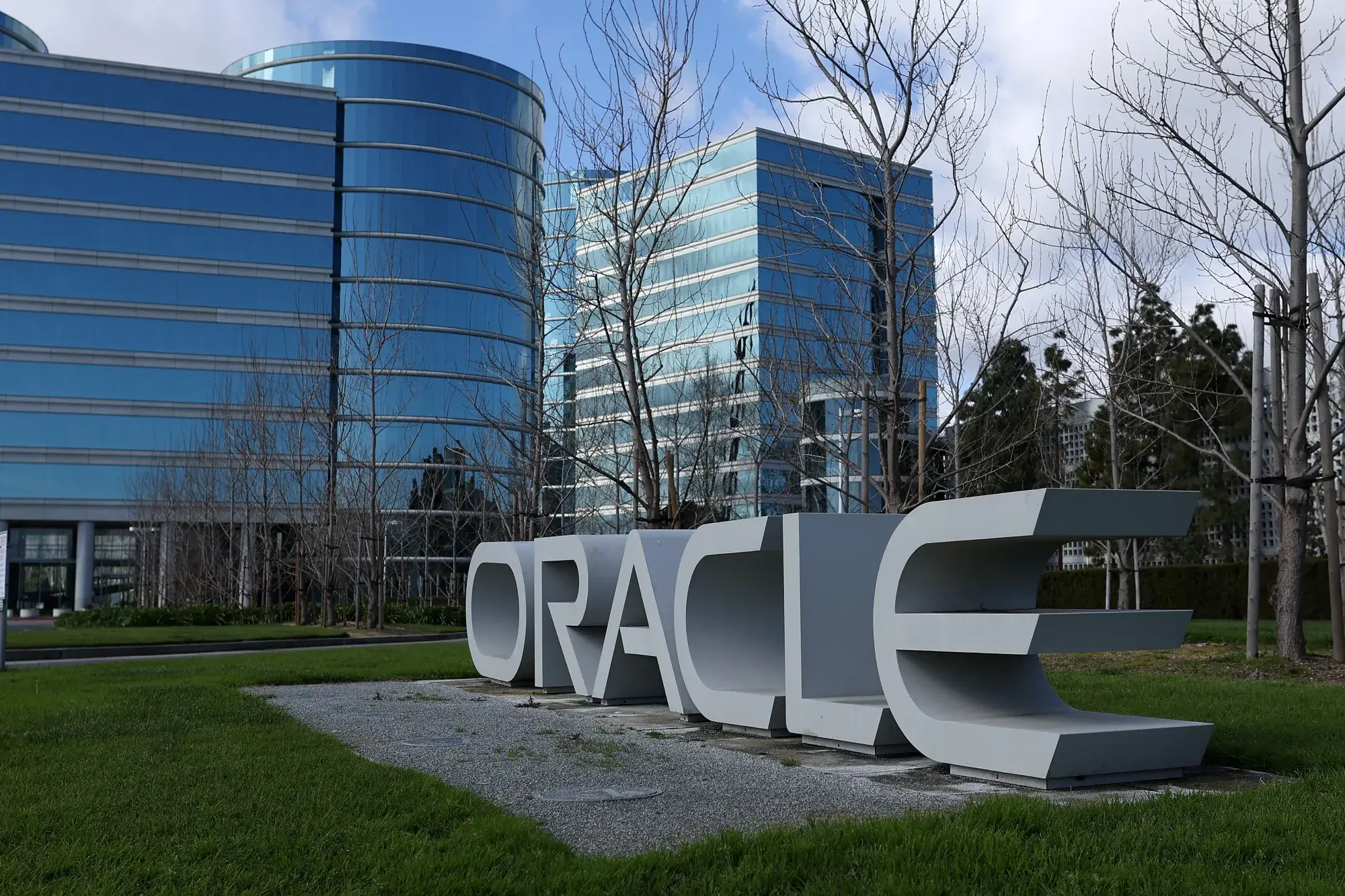Anthropic, a leading AI safety and research company, has forged a significant multi-billion dollar partnership with Google to secure access to advanced AI chips, marking a pivotal moment in the intensifying AI infrastructure race. This collaboration underscores the growing demand for computational power required to develop and deploy sophisticated AI models and highlights Google's strategic push to solidify its position as a key player in the AI infrastructure landscape.
The deal will provide Anthropic with access to up to 1 million of Google's Tensor Processing Units (TPUs), specialized AI computer chips, and is projected to bring well over a gigawatt of capacity online in 2026. The financial commitment from Anthropic is valued in the tens of billions of dollars, solidifying it as one of the largest infrastructure deals in cloud computing history. This commitment signifies a strong validation of Google's long-term investment in vertical integration, spanning from custom silicon design to the software stack, as a viable competitor to Nvidia's established dominance in the AI chip market.
Google's latest generation of TPUs, called Ironwood, is at the heart of this partnership. Ironwood is designed to handle demanding AI workloads and offers over four times faster performance than the previous TPU generation, with significant improvements in speed and energy efficiency. A single Ironwood pod interconnects 9,216 individual chips via a proprietary network, creating a unified supercomputer with access to 1.77 petabytes of High Bandwidth Memory. This architecture enables customers to run and scale massive, data-intensive AI models effectively.
Anthropic, founded in 2021 by former OpenAI leaders, has rapidly emerged as a frontrunner in the field of generative AI and large language models. Its AI assistant, Claude, competes with OpenAI's ChatGPT and other similar AI models, appealing to business customers for tasks such as coding assistance. The company's valuation has soared to $183 billion after raising $13 billion in investments.
The partnership with Anthropic benefits Google in multiple ways. Firstly, it strengthens Google Cloud's position as a leading AI infrastructure provider. Secondly, it generates recurring revenue through the usage of Google Cloud and its AI chips. Finally, Google has already seen substantial financial gains from its investments in Anthropic, with Alphabet reporting a $10.7 billion net gain on equity securities.
Google's commitment to AI extends beyond hardware. The company is also investing in innovative projects such as Project Suncatcher, which aims to launch solar-powered satellites equipped with TPUs to power compute-intensive AI tasks from space. To keep pace with surging AI demand, Google has raised its capital expenditure forecast for 2025 to $93 billion.
The collaboration between Google and Anthropic highlights the increasing importance of specialized hardware in the age of AI. As AI models become more complex and data-intensive, the demand for powerful and efficient computing infrastructure will continue to grow. Google's investment in TPUs and its strategic partnerships with companies like Anthropic position it as a key enabler of AI innovation, driving the industry forward.



















